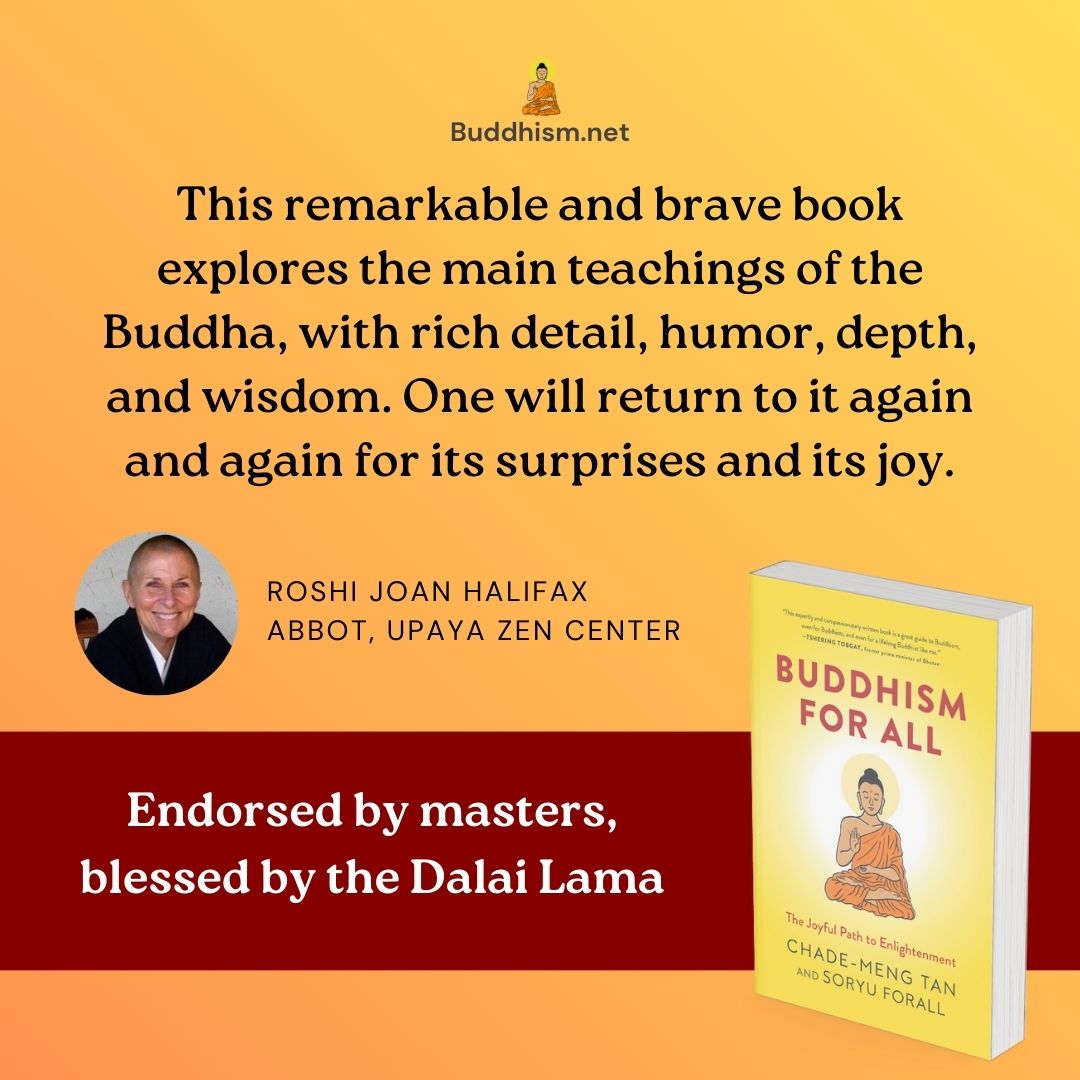
In practicing right effort, one generates desire and makes an effort for four things:
- the non-arising of unarisen unwholesome states
- the abandoning of arisen unwholesome states
- the arising of unarisen wholesome states
- the maintenance and expansion of arisen wholesome states [1]
Just in case four things are too many for you to remember, the Buddha offers you a 50% discount on required memorization by asking you to remember only two things:
- abandon the unwholesome
- develop the wholesome [2]
This seemingly trivial teaching is the component of the path more emphasized by the Buddha than any other. You can tell just by the number of times the Buddha talks about it. You might have figured out by now that Buddhism loves lists. And yes, lists beget meta-lists (lists of lists, try saying that quickly three times). The Buddha speaks about a meta-list of seven lists of things that help you reach enlightenment.[3] It is known as the thirty-seven aids to enlightenment.[4]
Effort (or one of its synonyms: energy and ardency) is the only thing that is explicitly mentioned in every one of the seven lists.[5] That’s how important it is. No matter how powerful your car is, if you want to drive it home, you need fuel. In the same way, no matter how exquisite your understanding of the Dharma is, if you want to practice it, you need to apply energy. I hope this analogy drives the point home.
Right effort also denotes a total commitment to your practice while you are doing it. And yes, as usual, the Buddha has a wonderful analogy. He says, imagine there is a beauty queen singing and dancing on stage, attracting a large crowd. Imagine a man is ordered to walk within the crowd while carrying a bowl on his head filled to the brim with oil. Walking behind the man is a soldier with a sword, and if the man spills even one drop of oil, the soldier will immediately chop his head off. Imagine the intensity of mindfulness the man must be practicing while doing the task. The Buddha tells the monks to practice mindfulness of the body at that level of intensity and commitment.[6]
Soryu has a thought-provoking way of getting across that point. He says:
Right effort means that you throw yourself in, fully and completely, without hesitation, reservation or compromise, to doing what is right and avoiding what is wrong, whether that be with your thoughts, words, or deeds. Do this and don’t hold back.
If you were in a street fight, would you make a half-hearted effort? Of course not. If you were giving birth, would you make a half-hearted effort? Of course not. You’d make a full effort. Why? Because that situation would matter.
This situation right now matters. Every day of your life matters.
Your life is short and precious. Take advantage of this precious opportunity. Come to know the joy of right effort, the joy of affirming with every moment how much your life matters, the joy of shaking off all apathy and doing what you know is right for the benefit of all the world. Know this more deeply with each next day.
Activities
References
[1] Saṃyutta Nikāya 45.8.
[2] Aṅguttara Nikāya 2.19.
[3] Dīgha Nikāya 16 and Dīgha Nikāya 29.
[4] In Pali: bodhipakkhiyā dhamma. They are: four establishments of mindfulness, four right efforts, four bases of mental power, five spiritual faculties, five spiritual powers, seven factors of enlightenment, and the Noble Eightfold Path. Phew.
[5] Effort is not one of the headline items in the four establishments of mindfulness, but the Buddha explicitly and repeatedly says to practice each establishment with ardency.
[6] Saṃyutta Nikāya 47.20.
Featured image by Natalie Tsang.

